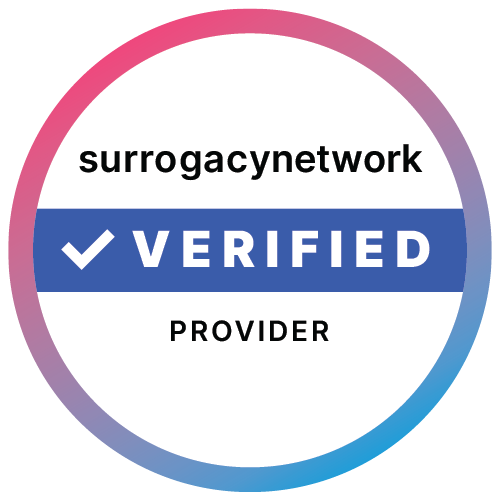Where a child is conceived with the assistance of donated eggs or sperm, there are a potentially several different people who can be identified in law as the child’s legal parents. These laws do not apply if the child is conceived by sexual intercourse.
The legal parentage of donor conceived people in the UK has been determined by statute since the Human Fertilisation and Embryology Act 1990 came into force. New law came into effect in the UK on 6 April 2009. The old law applies to all children conceived before this date.
In the UK, a child can only have a maximum of two legal parents.
Who are the parents?
The birth mother (i.e. the woman who is carrying, or carried, the child through pregnancy) will be recognised as the legal mother of the child. Accordingly a third party egg donor will never be a legal parent under UK law;
If the birth mother is married or in a civil partnership, her spouse/civil partner will be the child’s second legal parent unless it is shown that the spouse/civil partner did not consent to the insemination. (NB – provision for civil partners to be registered as a legal parent at birth came into effect for children conceived on or after 6 April 2009. If a child was conceived before this date, the birth mother’s civil partner would not be automatically recognised as legal parent;
If the birth mother is not married and the treatment is undertaken at a fertility clinic licensed by the HFEA, her partner can be registered as the second legal parent by consent provided that the correct forms and procedures are completed at the fertility clinic;
A registered sperm donor (i.e. an anonymous donor through a UK licensed fertility clinic) will never be a legal parent of a child.
The legal position of known donors or donors who are not donating through a UK licensed fertility clinic is more complicated and may still be considered as a legal parent depending on the circumstances.
Information for donor conceived people
The HFEA has kept a record of information about treatment at licensed fertility clinics in the UK since 1 August 1991.
Anyone can ask the HFEA to confirm whether they were conceived with donated eggs or sperm at a licensed clinic after 1 August 1991.
Anonymous donors
On 1 April 2005 the law changed to “lift” donor anonymity. Under the new law, egg and sperm donors must agree to certain information about them being disclosed to the donor conceived child later in life if they choose to access that information.
It is the right of the donor conceived child to access information about their donor; the donor has no right to contact the donor conceived child.
If a person was conceived between 1 August 1991 and 31 March 2005, the donor will be anonymous unless they later re-registered as an identifiable donor.
When the new law came into effect on 1 April 2005, there was a requirement for all new donors to be identifiable. For a transitional period of 1 year, fertility clinics were permitted to continue to use sperm or eggs donated from anonymous donors already registered with them.
After 1 April 2006 clinics in the UK had to use eggs or sperm donated from identifiable donors with the exception of cases where a family had already conceived a child with an anonymous donor and wanted to create a genetic sibling.
What information can be accessed?
At 16 a child is entitled to non-identifiable information about their donor including occupation, physical appearance and any goodwill messages prepared by the donor at the time.
At 18 a donor conceived person is entitled to access identifiable information about their donor. This includes their name, date of birth and last known address.
